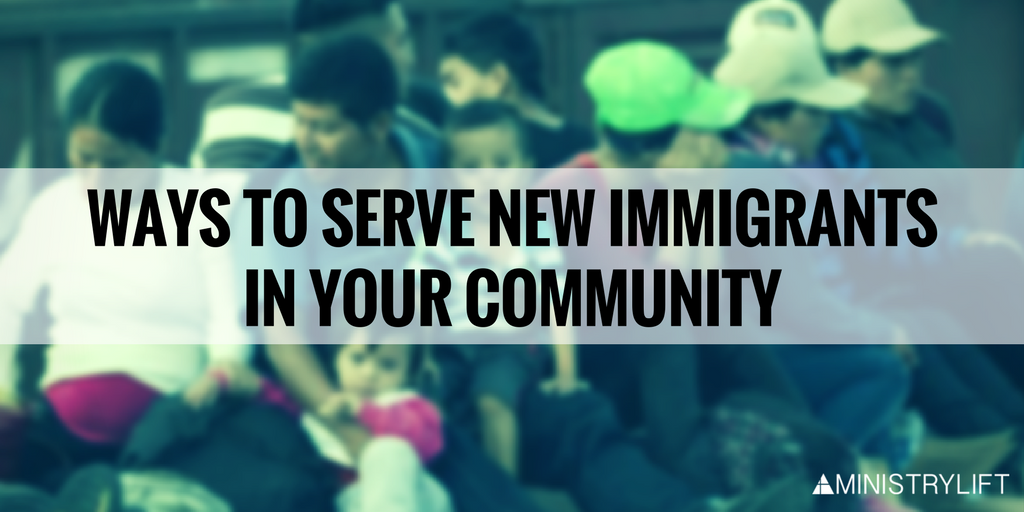Ways to Serve New Immigrants in Your Community
 Not everyone can sponsor a refugee family. However, there are many ways that we can serve new immigrants who are living in our communities. My family had the amazing privilege of living in close community with new immigrants for seven months. New Hope Community Services had purchased an apartment building in Surrey, British Columbia for housing refugees and helping them settle into life in Canada. They were looking for host families to move in and do life with these newcomers (you can read about our experiences as a host family by reading a past blog called Do Something).
Not everyone can sponsor a refugee family. However, there are many ways that we can serve new immigrants who are living in our communities. My family had the amazing privilege of living in close community with new immigrants for seven months. New Hope Community Services had purchased an apartment building in Surrey, British Columbia for housing refugees and helping them settle into life in Canada. They were looking for host families to move in and do life with these newcomers (you can read about our experiences as a host family by reading a past blog called Do Something).
As we interacted with new immigrants, I learned new ways to serve them. Here are some ideas for how you can serve new immigrants, even if you aren’t acting as their official sponsor:
Develop Your Cultural Skill Set
The first way of serving immigrants is to develop your own cultural skill set so that you are in a better position to serve them. How do we do this?
- Expect cultural differences – Some cultures are task-based while others are more relational. Some are individualistic while others are collectivistic (emphasizing the significance of groups). Some cultures tend to plan their time while others view time as flexible. The first step to developing your cultural skill set is to expect these kinds of cultural differences and to recognize that one cultural perspective is not necessarily better than another.
- Adapt to those around you – As you encounter cultural differences, discern which of your values at play in the situation are negotiable and which are non-negotiable. Be flexible with those that are negotiable.
- Dialogue about cultural differences – Be open with your immigrant friends about the differences you observe. Listen to the reasons why they do what they do. Carefully and sensitively communicate the reasons for your cultural preferences. As you do so, you will build mutual understanding and respect.
Help with Practical Needs

